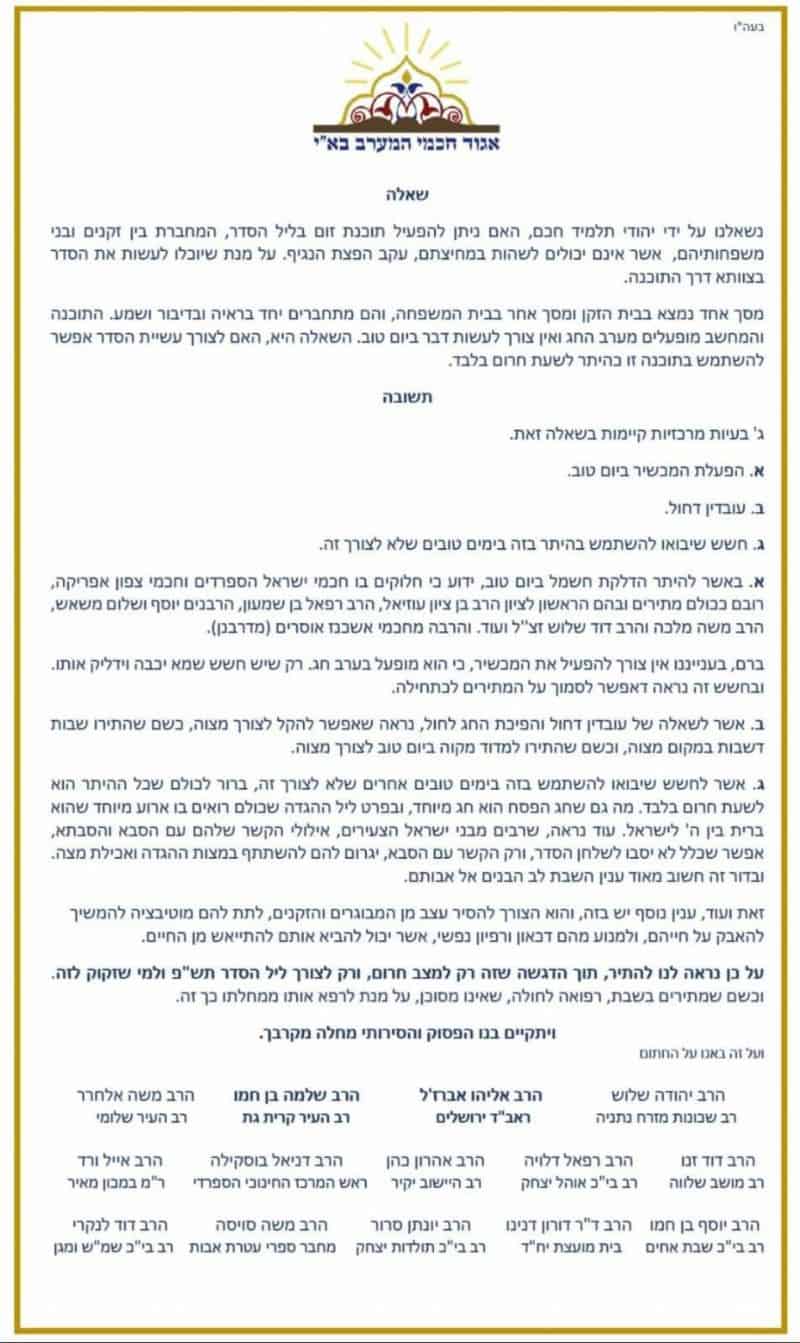The answer to Can one run a surveillance Camera on Shabbos? quotes Dose of Halacha as saying, with regards to being photographed by a surveillance camera:
R’ Moshe Feinstein (in a letter to R’ Yisroel Rozen of the Tzomet Institute) wrote that as the data is not being permanently recorded, it is at worst a derabanan. Although the cameras operate for security purposes, the passerby does not benefit from being photographed. One only benefits from the system when there’s an unwelcome intruder. Thus, one may walk in front of a camera on Shabbos as this is a case of pesik reisha delo nicha lei (see Shulchan Aruch OC 320:18) which is permitted in a rabbinic prohibition. Likewise, one may operate a surveillance camera. R’ Shlomo Zalman Auerbach (quoted in Ateres Shlomo 6, p57) concurs.
In the passage i bolded, we see that the reason Rav Moshe allowed it is that it is a psik reisha d'lo neicha lei -- an unavoidable melacha that he does not benefit from.
This is not the case by a video chat. Here, the person being videoed definitely does benefit from it -- that's the whole point of leaving it on. Hence, it must be a case of psik reisha d'neicha lei (an unavoidable melacha whose outcome is favorable to him) which is forbidden.

